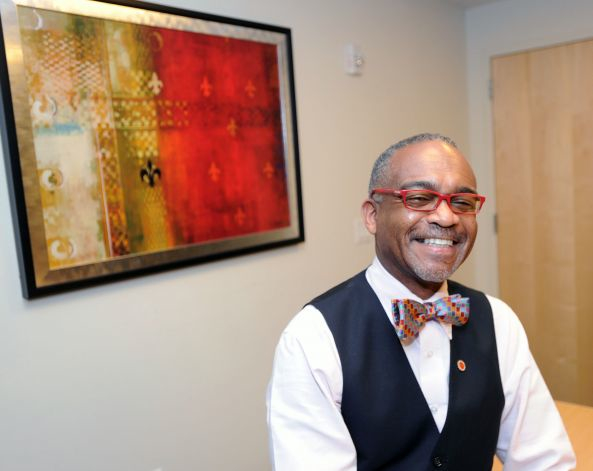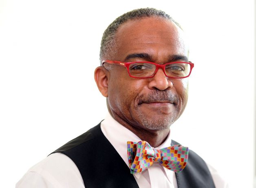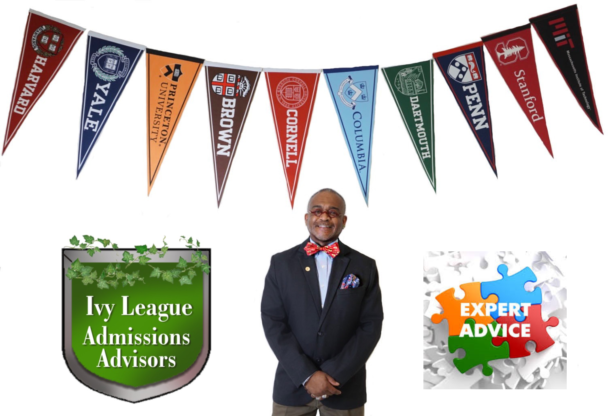
March 28, 2019 5:39 pm The Value of High-End College Admissions
By Admissions Expert, Dr. Paul Lowe
By now many people are aware of Operation Varsity Blues. Federal prosecutors allege that William “Rick” Singer touted his knowledge of “the secret of getting into college,” becoming “the mastermind of an enormous, elaborate scheme carried out over years, brazenly paying off coaches and test monitors, faking exam scores and fabricating student biographies – all to help wealthy parents cheat their children’s way into desirable colleges.”
Hiring a high-end college admissions advisor is not illegal, unfair or unscrupulous. In the quest for success in various endeavors, parents hire, for example, music teachers to help a child nurture a musical gift. They may hire a tennis pro to help a budding tennis star. They might obtain country club memberships, where their child has access to golf pros. There may be dance lessons or voice coaches. They may hire a ship’s captain to learn the finer points of sailing or racing tall ships. There is absolutely nothing wrong with hiring a college admissions advisor/expert. There is certainly nothing unethical for charging for a service that provides a competitive advantage.
Many parents — wealthy or not — hire college admissions consultants to help their children navigate the college admissions process by assisting with applications, essays, interviews and admissions strategies. When it comes to Ivy League and highly selective colleges and universities it’s par for the course to engage an expert at some level who is versed in the nuances and changes in college admissions.
Here are some of the reasons why parents hire high-end college admissions advisors:
- Many guidance counselors at public high schools are overwhelmed and sometimes have no expertise or time for college admissions advising. Many counselors may not even visit Ivy League and highly selective schools, not even once. My team and I visit these universities four times annually.
- The most elite colleges and universities now accept less than 6% of those who apply. Some schools routinely reject dozens of valedictorians and students with perfect or near-perfect scores on their SAT or ACTs. This is why, year after year, new clients always call: They hear the horror stories of wonderful students who were rejected from all their top choice colleges including what they thought were safety schools.
- Ivy League colleges and universities help establish meaningful and long-lasting networks that are important to facilitate future careers and social connections. Parents who call us understand the importance of networking and establishing connections. For international parents, global networking is important for their children’s success. Wealthy, upper middle-class and middle-class parents who call us understand the value of networking. They all share the same thing in common: They are concerned about their children’s future in a competitive and uncertain world.
- Ivy League and highly selective colleges and universities are luxury educational brands that represent status, prestige, pedigree and a high ROI.
- A study in the journal, Research in Social Stratification and Mobility, confirms parental suspicions that the best route to a top job is to attend an Ivy League school. According to Dr. Lauren Rivera, the author of the study, “Elite professional service employers rely on academic pedigree more than any other factor. Where you went to school rather than what you did there makes the difference.”
- PayScale Inc., an online provider of global compensation data, in a survey demonstrated that an Ivy League diploma is still worth its price of admission and tuition. “An Ivy League education makes a job candidate stand out, even before a recruiter talks to them! The median starting salary for Ivy Leaguers is 32% higher than that of liberal-arts college graduates and at 10 or more years into graduates’ working lives, the spread is 34%.” Additionally, according to PayScale, the return on investment for a degree from Stanford or Princeton is about $800,000 after 20 years.
- Dr. Robert H. Frank, an economics professor at the Johnson Graduate School of Management at Cornell University, stated: “Because of the bitter competition for premium salaries, elite educational credentials are often a precondition for even landing a job interview. Degrees from elite schools clearly open doors.”
Reputable consultants are active members of one or all of the following professional organizations: NACAC (National Association of College Admission Counseling), HECA (Higher Education Consultants Association) and/or IECA (Independent Educational Consultants Association). Each organization has some form of a Statement of Principles and Good Practice: Code of Ethics and Professional Practice and professional development programs.
I am an active member of NACAC, New York State Association of College Admission Counseling (NYSACAC), New Jersey Association of College Admission Counseling (NJACAC), HECA and International Association of College Admission Counseling (IACAC). I am also a College Community Representative for the HECA Community Representative Program, where I visit colleges to gather information and interview college officials regarding admissions policies at their institutions.
“Admissions is a competitive sport! Why gamble with uncertainty?” – Dr. Paul Lowe
Dr. Paul Reginald Lowe is the managing director and lead admissions expert at Greenwich Admissions Advisors. Tel. (203) 542-7288, and founder affiliates: Ivy League Admissions Advisors and Private School Admissions Advisors of the Pinnacle Educational Center Admissions Advisors Group network.
Dr. Lowe specializes in providing exclusive concierge-type admissions advisory services for families and students who are interested in applying to top private schools, Ivy League and highly selective colleges and combined BS/MD programs. Dr. Lowe also helps students gain admissions into their top choice private schools and colleges after they have been wait-listed and rejected. Dr. Lowe and his Greenwich Admissions Advisors team provide house-calls for families with extremely busy schedules who can’t come to their office.



